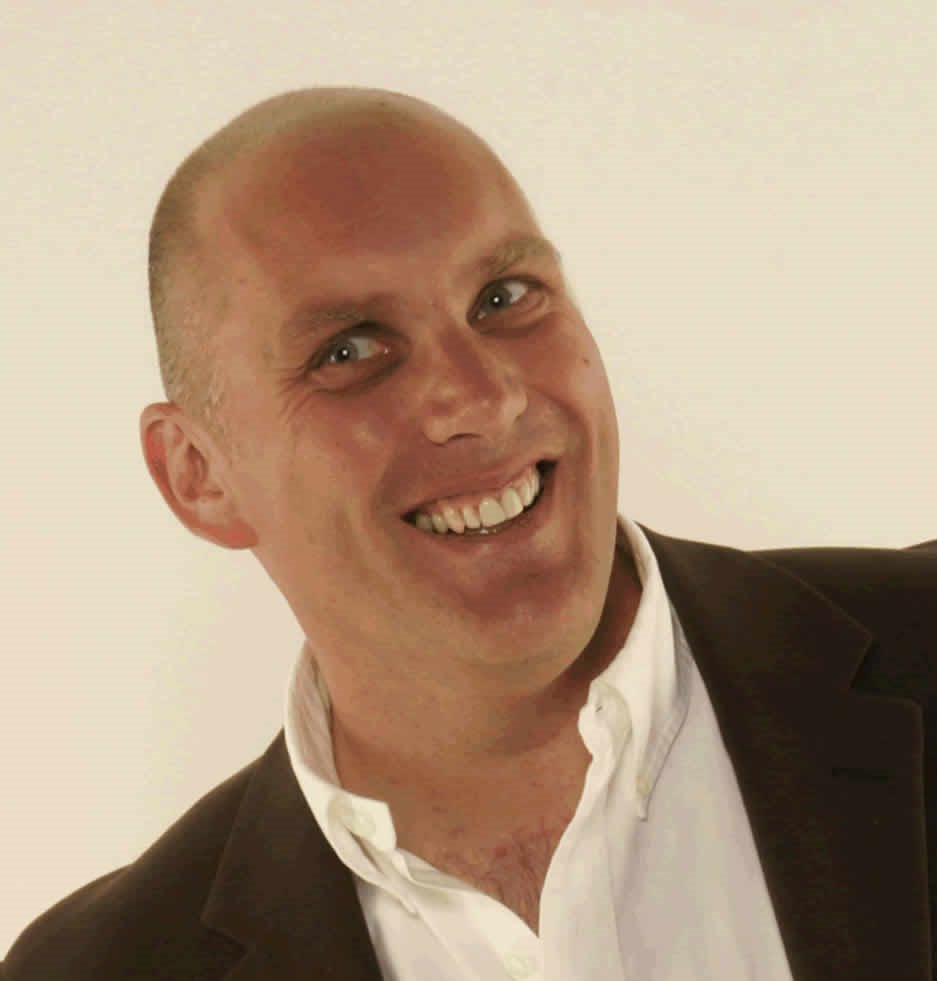I have been appalled by the recent headlines which show that gun crime and gangland violence is on the rise. Now some of the victims are not even members of gangs, but innocent bystanders. Nonetheless, gang member or not, these are all children and we must take immediate and committed steps to eradicate this culture of violence from within our society.
When the Conservatives speak of the UK's broken society and how social responsibility is the answer, I tend to agree. But, we must also commit detail and policy examples to these soundbites. For example, there can be no doubt that our society is starting to come apart when violent crime has more than doubled since 1997, which includes gun crime also doubling in the same time. Almost 450,000 more crimes were committed in 2005-06 than in 1998-99 - but just one in four crimes were cleared up by police.
Signs that our society is failing are manifesting themselves in other ways as well. Family breakdown is all too common, social mobility is falling, education is not tailored enough to certain children's needs. For example, why not reform the system to create three tiers of colleges - science-based, arts-based and vocationally-based. That way our children can enjoy self-selection instead of being selected by local education authorities which may neglect individual needs.
To address the problem of crime and antisocial behaviour, we need a two-pronged strategy: judicial punishment and rehabilitation programmes. The former means more police on the streets, more funding for PCSOs, and a system where paperwork and bureaucracy is cut back so the police can actually get on with protecting our communities. After all, statistics show that a police officer only spends an average of 40% of their time on the beat nowadays due to unreasonable amounts of paperwork and hoops to jump through.
Rehabilitation, meanwhile, is more complicated, yet much more rewarding in the long term. We need to really integrate community leaders with those that cause the most trouble, whilst realising that many young drug addicts have a medical condition which must be treated with compassion and with commitment on both sides. Jail is not the only answer, it works hand-in-hand with other forms of treatment.
But how do we reverse the mindsets of thousands and thousands of children who have grown up in a climate of fear and uncertainty? We need to reach out to inner cities and to areas where family breakdown is rife, by launching comprehensive and individually-tailored educational programmes. We need to offer incentives for those who may not be academic, but those who would nonetheless flourish in more vocational professions. All of these activities need to be led by strong leadership figures - perhaps even directly-elected mayors - and more social workers and community leaders, funded by increasing deregulation and sharing the proceeds of growth.
This issue spans decades, not elections. We now need the chance to enact our array of compassionate and comprehensive policies. This is the most important issue facing politicians today - without a society for the future, nothing else can come to true fruition.
Subscribe to:
Post Comments (Atom)


No comments:
Post a Comment